Acylation followed by clemenson reduction is more suitable to get alkyl benzene in comparison to direct alkylation in presence of Lewis acid . What can be the reason?
Direct alkylation restart further alkylation and gives poly alkylated benzene.
Acylation produce aromatic ketone which further does not shows Fridal Craft reaction
Acylation gives m- alkylated product only.
Zn-Hg/HCl convert aromatic ketone into alkyl benzene formed in first step.
The correct Answer is:A, B, D
Topper's Solved these Questions
Similar Questions
Assertion (A) Like bromination of benzene, bromination of phenol is also carried out in the presence of Lewis acid.
Reason (R) Lewis acid polarises the bromine molecule.
View SolutionBenzene under goes electrophilic substitution reactions like nitration, sulphonation, halogenation, friedel crafts alkylation and friedel crafts acylation etc. . . Among these Friedel crafts alkylation and acylation are important, which are conducted in presence of lewis acid catalyst and suitable reagent.
Q.
Here 'X' can be
View Solution
Knowledge Check
For preparing monoalkyl benzene, acylation process is preferred than direct alkylation because
AIn alkylation, a poisonous gas is evolvedBIn alkylation, large amount of heat is evolvedCIn alkylation, polyalkylated product is formedDAlkylation is very costlyFor preparing monoalkyl benzene , acylation process is preferred than direct alkylation because
AIn alkylation, a poisonous gas is evolvedBIn alkylation, large amount of heat is evolvedCIn alkylation, polyalkylated proudct is formedDAlkylation is very costly.Which of the following cannot be prepared by direct halogenation of benzene in the presence of Lewis acid ?
A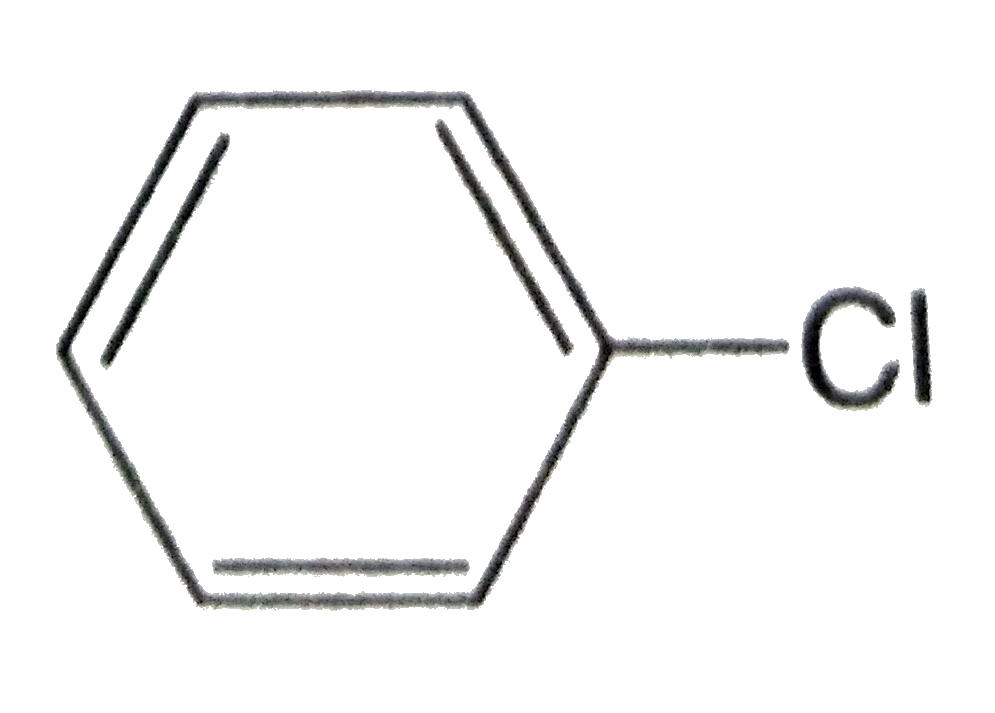 B
B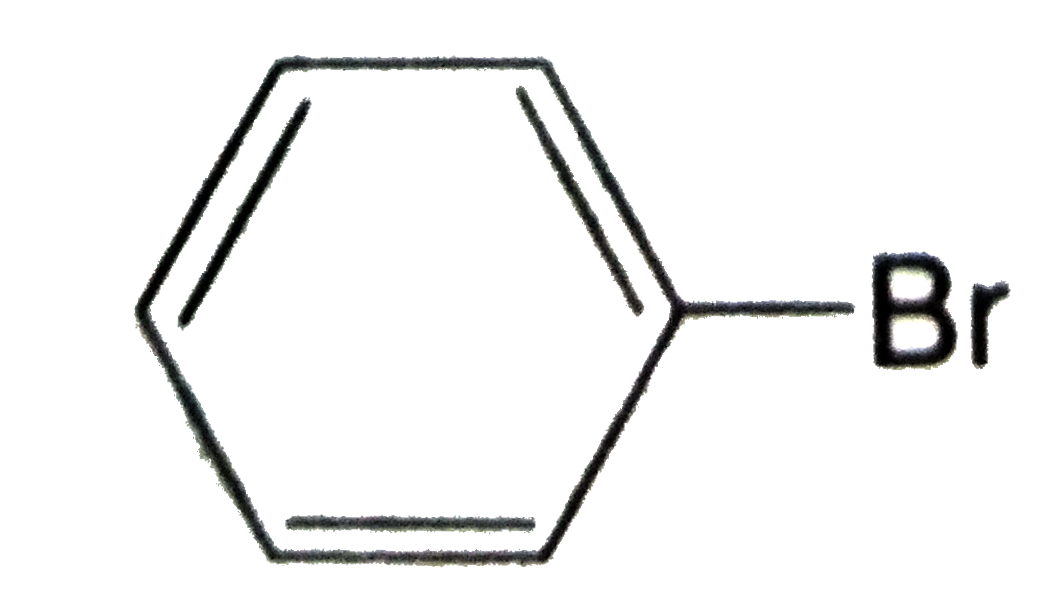 C
C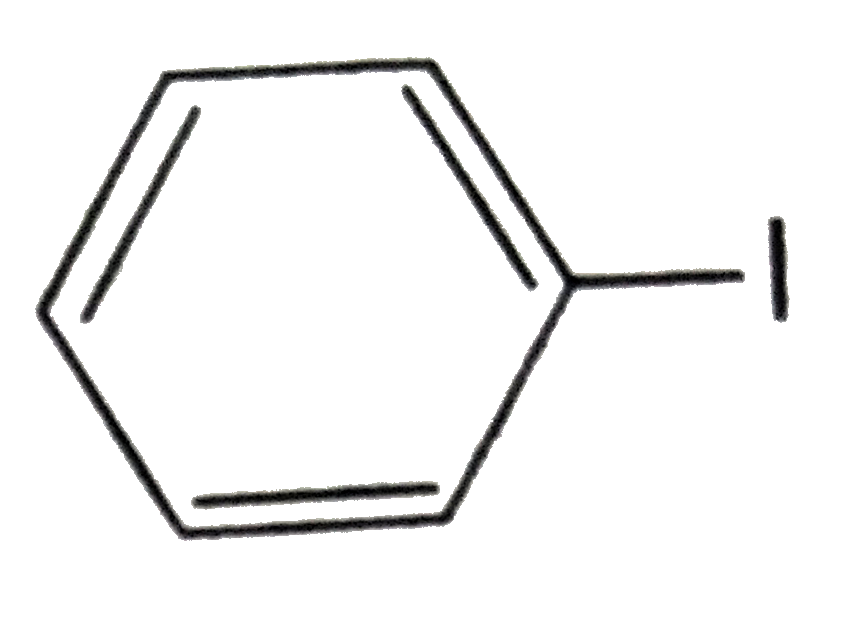 DAll of the above
DAll of the above
Benzene under goes electrophilic substitution reactions like nitration, sulphonation, halogenation, friedel crafts alkylation and friedel crafts acylation etc. . . Among these Friedel crafts alkylation and acylation are important, which are conducted in presence of lewis acid catalyst and suitable reagent.
Q. Here 'Y' is
Here 'Y' is
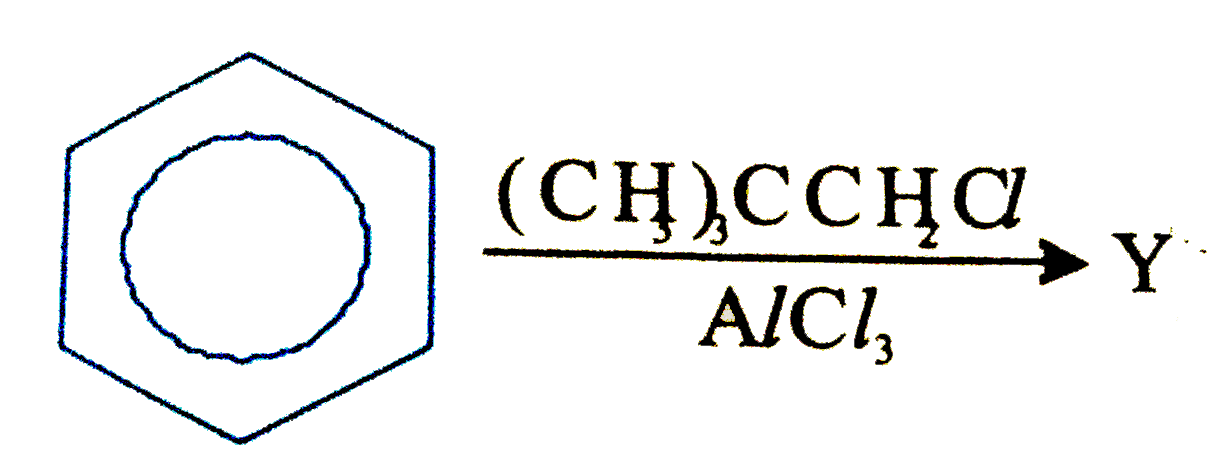
View SolutionRead the passage given below and answer the following questions:
Reductive alkylation is the term applied to the process of introducing alkyl groups into ammonia or a primary or secondary amine by means of an aldehyde or ketone in the presence of a reducing agent. The present discussion is limited to those reductive alkylations in which the reducing agent is hydrogen and a catalyst or "nascent" hydrogen, usually from a metalacid combination, most of these reductive alkylations have been carried out with hydrogen and a catalyst. The principal variation excluded is that in which the reducing agent is formic acid or one of its derivatives, this modification is known as the Leuckart reaction. The process of reductive alkylation of ammonia consists in the addition of ammonia to a carbonyl compound and reduction of the addition compound or its dehydration product. The reaction usually is carried out in ethanol solution when the reduction is to be effected catalytically

Since the primary amine is formed in the presence of the aldehyde it may react in the same way as ammonia, yielding an addition compound, a Schiff's base (RCH=NCH2R) and finally, a secondary amine. Similarly, the primary amine may react with the imine, forming an addition product which also is reduced to a secondary amine Finally, the secondary amine may react with either the aldehyde or the imine to give products which are reduced to tertiary amines.
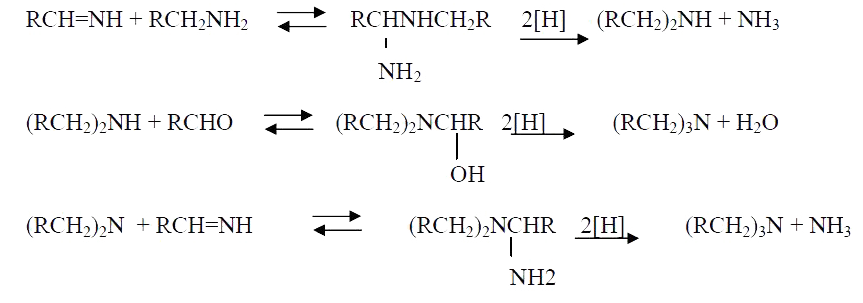
Similar reactions may occur when the carbonyl compound employed is a ketone.
(source: Emerson, W. S. (2011). The Preparation of Amines by Reductive Alkylation. Organic Reactions, 174–255. doi:10.1002/0471264180.or004.03 )
Reductive alkylation of ammonia by means of an aldehyde in presence of hydrogen as reducing agents results in formation of:
View SolutionFollowing two question have assertion followed by the reason. Answer them according to the following options
Assertion Friedel Craf't alkylation of benzene with n-propyl chloride, fail to produce propyl benzene.
Reason Carbocation rearrangement produces rearrangedd isopropyl benzene as major product.
View SolutionA : Friedel-crafts alkylation of benzene occurs in the presence of Lewis acid.
R : The function of Lewis acid to generate electrophile.
View SolutionAlkylation of benzene with isobutene in the presence of sulphuric acid gives
View Solution
